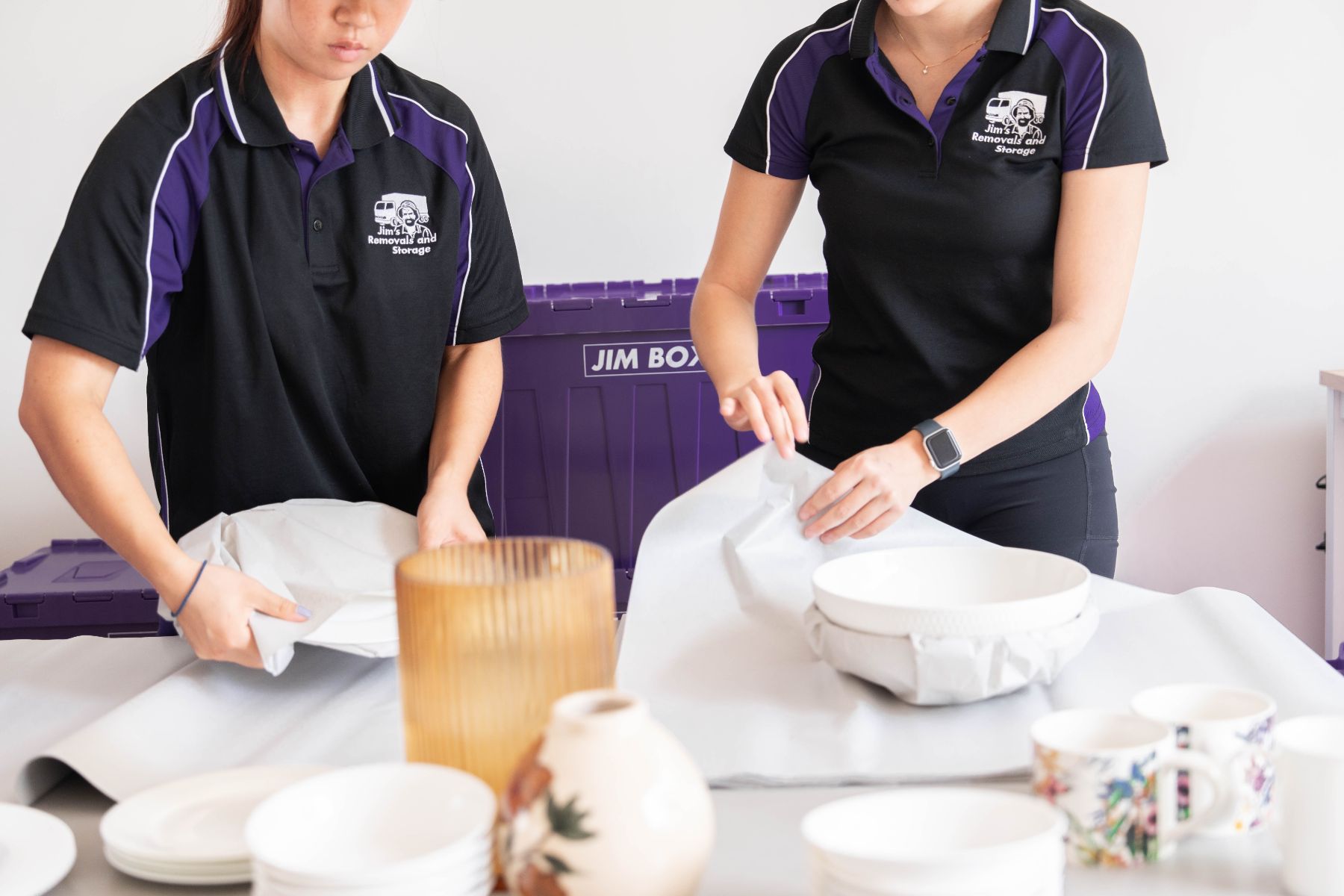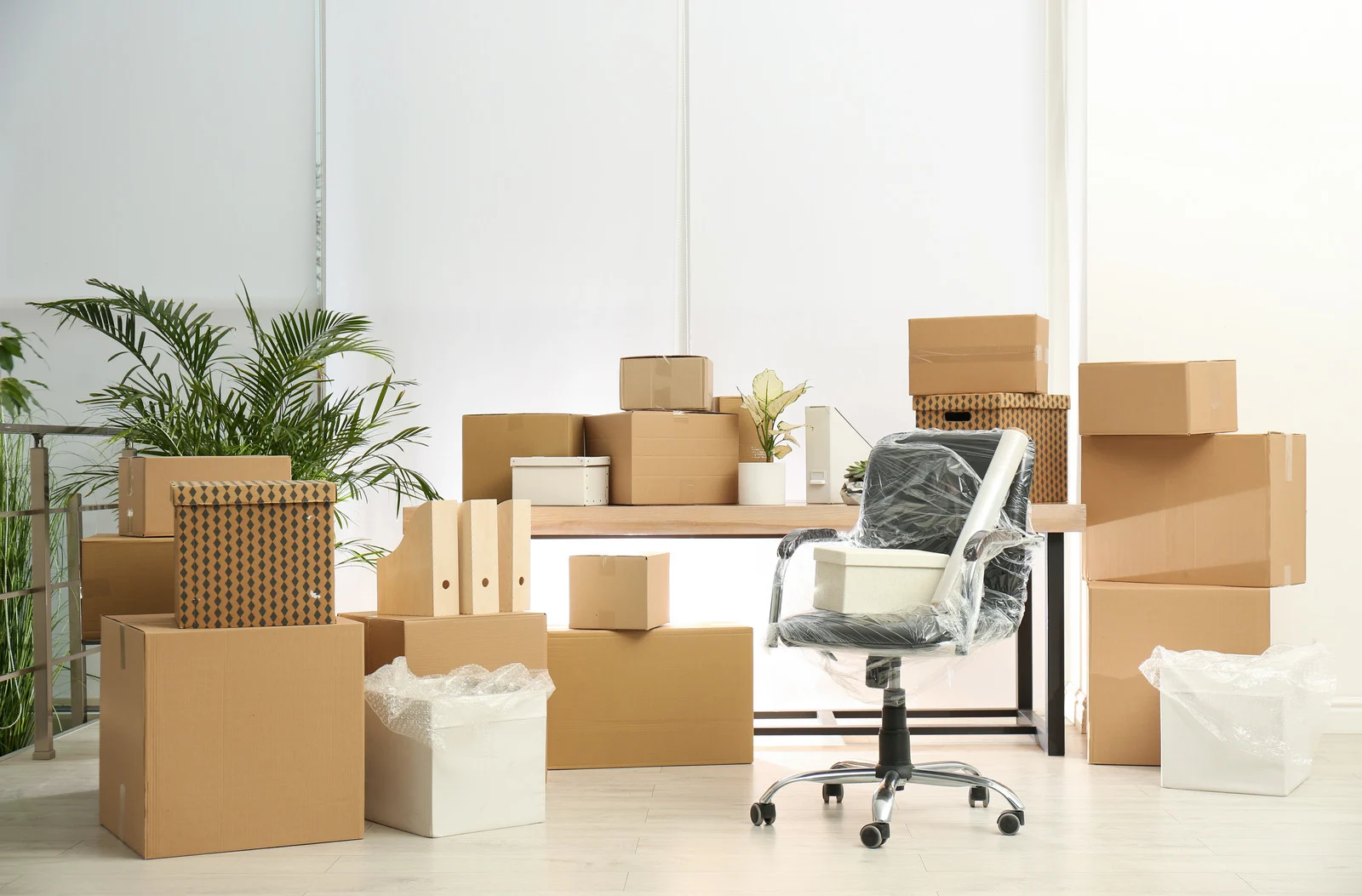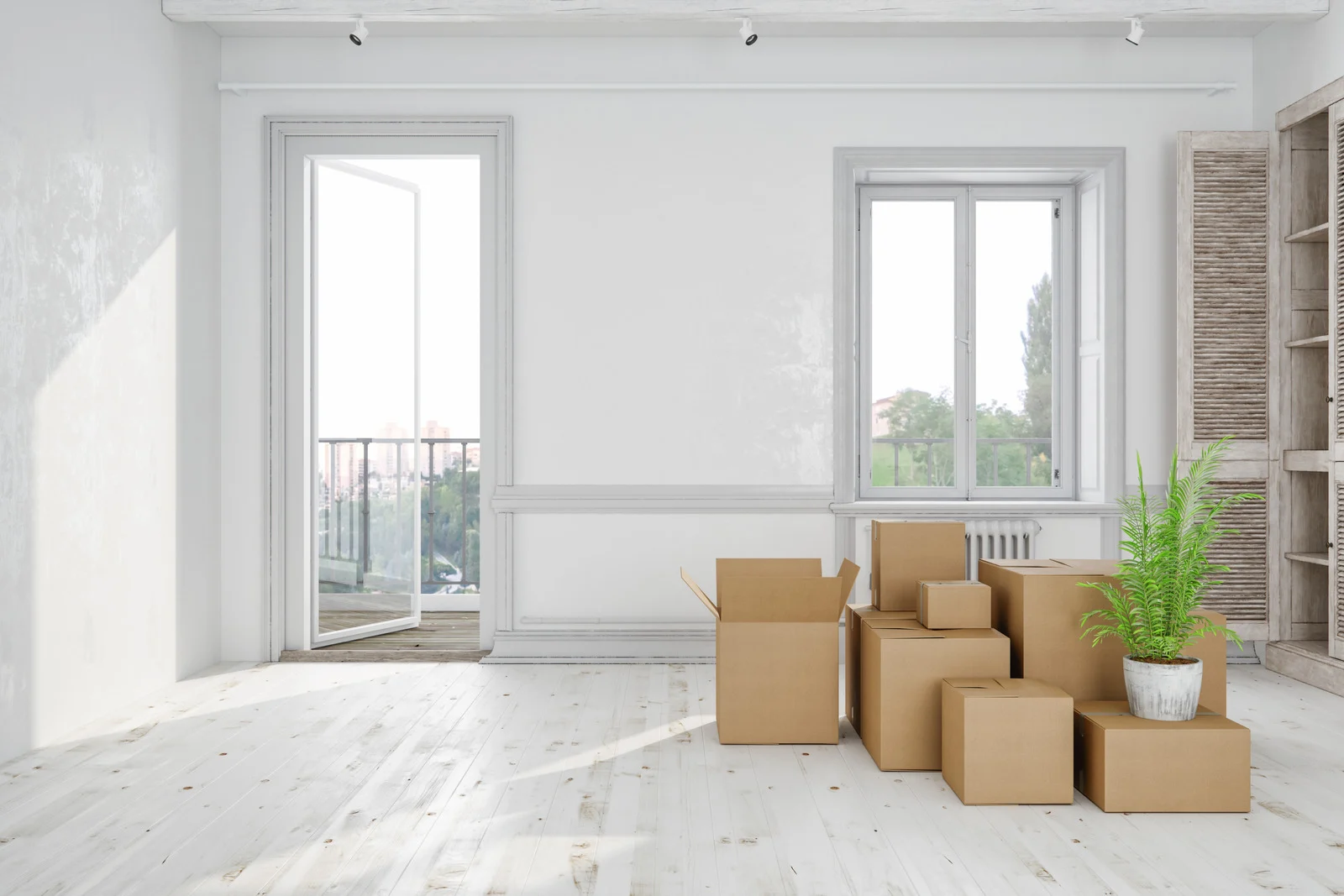How To Pack Fragile Items


How to Pack Fragile Items Safely
Let me guess - you’re in the middle of packing, looking right at a cupboard full of delicate wine glasses and ornate vases, and you’re thinking to yourself, how the hell are you meant to get these to your new place without them shattering into a million pieces?
We’ve all got that one cupboard that you dread packing, and for good reason! Packing fragiles incorrectly can not only be dangerous, but also very costly, both from a financial standpoint and a sentimental standpoint.
However, if you’re willing to spend some extra time to give your fragiles a bit of extra care, there’s a good chance they’ll survive the journey completely unscathed. In this guide, we’ll walk through how to pack fragile items properly, so that they can end up safely on the other side of your move.
Key takeaways
Tip 1: Start with the Right Materials
When packing fragiles, there needs to be a bit more thought put into packing right from the get-go. Resist the urge to throw them in the same cardboard boxes as all your other items, as your fragiles will get the best fighting chance in stronger, preferably double-corrugated boxes. At your next Bunnings trip, pick up the following items:
- Double corrugated/heavy duty moving boxes
- Tape
- Bubble wrap
- Packing paper
When it comes to protecting your fragile items, starting with the right materials will set you on the path of success from the very beginning. At Jim’s Removals and Storage, we also offer budget-friendly Jim Boxes, starting from $2 a box, whose sturdy, hard plastic makeup offers the perfect protection when transporting fragile goods.
Hot tip: if you’re on a budget and you don’t have a particularly large amount of fragile items, towels and clothes work as great substitutes for packing paper! For particularly fragile items, bubble wrap is still generally recommended.
.jpeg)
Tip 2: Reinforce Your Boxes
Unlike other items, you unfortunately can’t simply toss the fragile goods into a box and call it a day. There’s a significant amount of prepping that needs to be done, such as:
- Double tape the bottom of the box - twice! Once widthwise to hold the cardboard flaps in place, and another lengthwise to seal the box. Don’t trust cardboard boxes to hold fragile items without extra reinforcement
- Make sure to do a damage check: any rips or tears will mean that the cardboard box is not suited for holding fragile items. Instead, repurpose this for lighter more robust items, such as clothing, light bedding etc.
- Prep the bottom of the container with butcher’s paper, packing peanuts, clothes or towels. This is the side that will come in contact with surfaces the most, so it’s very important that fragiles don’t make direct contact with the bottom of the box.
Missing any of these steps could be the difference between your fragiles making it, or breaking in it. When in doubt, too much preparation is better than no preparation, as you want to ensure your fragiles are able to deal with any unexpected blows on moving day.
Tip 3: Wrap Each Fragile Item Individually
While this may seem needlessly time consuming, wrapping each item individually is a fantastic way to protect against chips and cracks. The general rule of thumb is that no glass/fragile surfaces should be directly in contact with anything except for butcher paper. When breakables rub against each other, there’s a higher likelihood of breakages. To give your items the best chance of surviving the trip, make sure to cover them completely in packing paper, and avoid the urge to just stack plates or cups on top of each other. After you’ve wrapped each item individually and filled up your reinforced box, give the box a little shake to test how well you’ve packed it. If you can hear rattling or glass clinking sounds, you may need to take some items out and re-wrap them. Committing to completing this crucial, albeit time consuming step is a sure-fire way to ensure that your fragiles survive the trip, chip-free.

Tip 4: Use the Smallest Box Possible
The box you choose to store your items is also just as important as how you store them. The safest option for transporting fragiles is always smaller boxes - the smaller, the better. Larger boxes give items more room to shift, whereas smaller boxes keep things snug and secure. And, as always in packing, the less space you give for things to move around, the safer your items will be in general. When packing fragiles into a smaller box, make sure you’re placing heavier items on the bottom and lighter items at the top for the best weight distribution.
Tip 5: Clearly Label Fragile Boxes
So you’ve got all your items packed, snugly and securely in your small, double corrugated, well lined boxes. While you’ve done a fantastic job at preparing your items for the journey, rough handling and poor stacking can still put your items at risk of breakage. To avoid this, make sure you write or label “FRAGILE” on all visible sides of the box. Some arrows to indicate which side is up will also ensure your careful packing stays the right way up. Careful and clear labelling makes it much easier for the movers, or future, forgetful you, to handle these boxes with the care and attention they need to make it safely through the trip.
Tip 6: Pack Strategically in the Truck
If you’ve labelled your boxes clearly, this step should be a breeze. When stacking your boxes in a car or a truck, always make sure to put fragile boxes on the top of the stack. Even if you feel that the boxes are secure on the bottom of the pile, the shifting of the truck while your items are in transit may lead to uneven pressure on your fragiles. Just make sure they’re tied in securely, or this tip could backfire spectacularly. If you have pillows, duvets or anything soft, you can also use these to cushion some of the boxes for extra added support. If you’re hiring movers to transport your boxes, make sure to point out which boxes are fragile to ensure they’re given extra care during the move. This step may be less necessary if you’ve clearly labelled all your fragile boxes, but it never hurts to be too careful!
Optional Tip 7: Consider Professional Packing Services
If this all seems like too much for you, professional packing services can be a great alternative option. As opposed to getting the packing done one hour at a time, over the course of several weeks, professional packers can get most homes fully packed and ready to move within a single day. Some professional packing services will also include complementary boxes and packing materials, meaning that you can safely ignore all of these tips and leave packing to the professionals! Jim’s Removals and Storage offers a wide range of packing services, whether you’re looking for a single packer to come out and lend you a hand, or a team of packers who can pack up your entire house in a few hours. For many people, the pain of meticulously packing each fragile item more than justifies the cost of packing, but this tip is still 100% optional.

Hopefully, with the knowledge you’ve gained from reading all the above tips, you’re ready to handle that cursed cupboard full of glassware and fragiles. With the right materials, clear labelling and careful handling, you’ve got a great chance at avoiding heartbreak during the big move. These fragile item packing tips are simple, but they work! Of course, if you’re still not feeling ready, feel free to give us a call at 0427 014 711 to discuss packing or book a packing service for your move!



